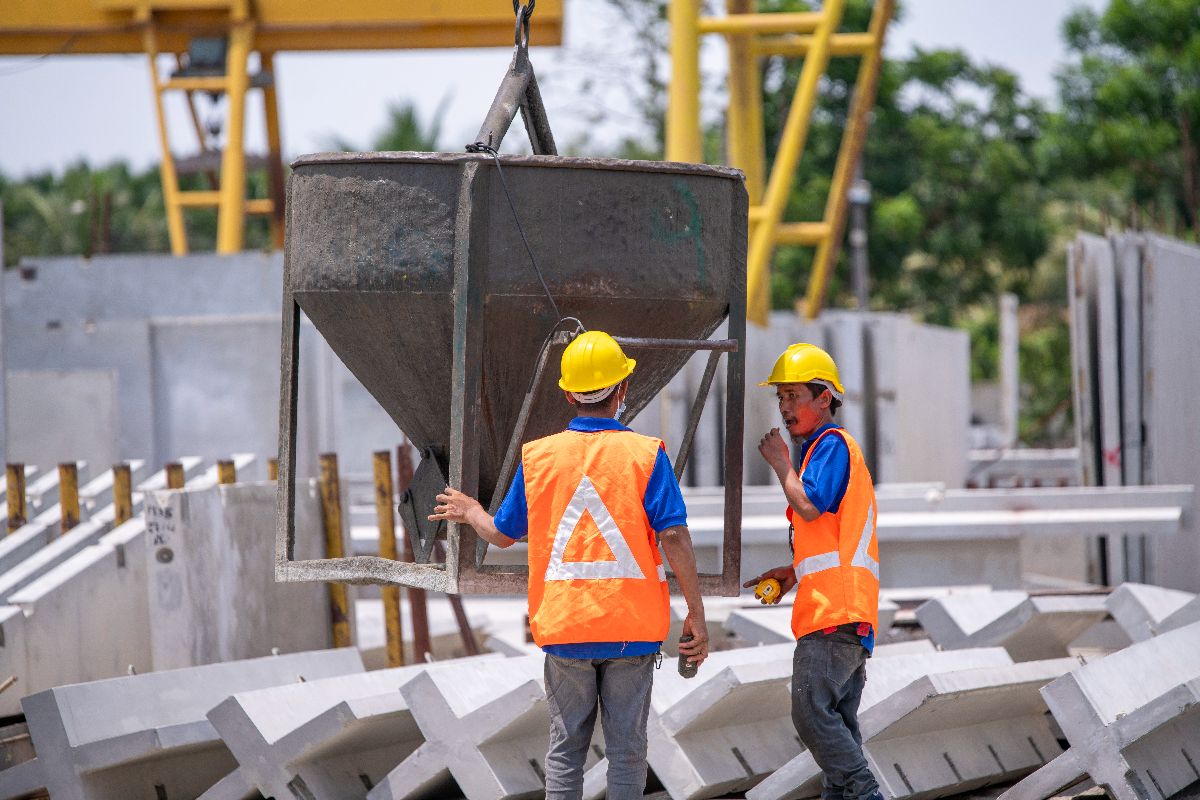How to Pick a Reliable Concrete Supplier in the Philippines

How do you pick a reliable concrete supplier in the Philippines?
- Choose a supplier with proven quality in concrete mixing and materials
- Look for a company with a strong local reputation and industry experience
- Make sure they can handle your project’s size and timeline
- Pick a supplier located near your construction site
- Verify if they follow Philippine standards and hold proper certifications
- Work with a team that offers responsive support and clear communication
Overview
- Choosing the right concrete supplier in the Philippines is crucial to ensuring the strength, reliability, and timely delivery of your construction project.
- A dependable supplier not only meets technical requirements but also communicates clearly and adapts to challenges quickly.
Concrete is one of the most critical materials in any construction project. Its quality directly affects strength, durability, and scheduling. For most commercial and residential builds in the Philippines, this means sourcing ready-mix concrete delivered fresh and pre-mixed by a supplier using industrial-grade batching equipment.
So, how you pick a reliable concrete supplier in the Philippines becomes an important decision for builders, contractors, and developers to ensure they meet their demands.
This article will guide you on the key factors to help you find a supplier that fits your project’s requirements without compromising on performance or delivery.
Choose a Supplier with Proven Quality in Concrete Mixing and Materials

Weak or inconsistent mixes can lead to cracking, poor load-bearing capacity, or premature deterioration. It’s essential to assess how your supplier sources and prepares their concrete.
Ask for technical specifications or recent compressive strength test results. A reliable supplier should be transparent about their mixing process and materials, including the type of cement, aggregates, and admixtures they use.
Consistency in batching is crucial for projects with tight tolerances and structural requirements.
Look for a Company with a Strong Local Reputation and Industry Experience
Those with years of experience in the industry are more likely to understand local construction challenges and adapt to them effectively.
Check if the supplier has worked on projects similar in scope or scale to yours. Look for client testimonials, project photos, or third-party reviews. Talking to other contractors or engineers in your area can also give useful insights.
Working with an experienced supplier lowers your risk and gives you confidence that they can handle the demands of your job site.
Make Sure They Can Handle Your Project’s Size and Timeline
Not all concrete suppliers have the same production and delivery capacity. Some may not be equipped to meet the volume or frequency your project requires, especially during peak periods.
Ask how many mixers or batching plants they operate, how they manage scheduling, and whether they offer standby trucks for large pours. Clarify their lead times and delivery commitments in writing.
Choosing a supplier that can keep up with your timeline helps prevent site delays and ensures smooth coordination with other trades.
Pick a Supplier Located Near Your Construction Site

Concrete needs to be delivered within a specific time window after mixing to maintain workability and strength. If the batching plant is too far, quality can degrade before it even reaches your site.
Choose a supplier whose plant is reasonably close to your project location. This reduces the risk of cold joints, inconsistent curing, or rejected loads.
A nearby supplier also allows for faster coordination, more responsive deliveries, and lower transportation costs.
Verify if They Follow Philippine Standards and Hold Proper Certifications
Suppliers should comply with relevant standards set by the Department of Public Works and Highways (DPWH) or the Philippine Institute of Civil Engineers (PICE). This ensures that the concrete meets basic safety and performance requirements.
Request to see certifications, permits, or third-party quality audits. Ask whether their plant is accredited and if their testing facilities are up to date.
Dealing with a compliant supplier ensures that your project will meet regulatory and safety benchmarks.
Work with a Team that Offers Responsive Support and Clear Communication
Even with good equipment and materials, poor communication can cause delays or errors on-site.
Gauge their responsiveness early. Do they answer inquiries promptly? Are they transparent about pricing and scheduling? Do they assign a point person for coordination?
Choose a supplier who communicates clearly and is reachable when you need clarification. A responsive team is essential when adjustments are required mid-project, whether due to weather, revised specs, or changes in site conditions.
Key Takeaway
Whether you’re managing a private build or handling a large-scale commercial site, how you pick your reliable concrete supplier in the Philippines will directly impact the strength, reliability, and timeline of your project.
And now that you know what to look for, you’re better equipped to make a choice that protects your investment.
At Top.Org.PH, we make that decision easier by connecting you with trusted, thoroughly vetted concrete suppliers in the Philippines. Contact us to learn more, or visit our website to explore your options and build with confidence.
Popular Blogs

January 15, 2026
What are the features of AI search engines that you should know? Natural language understanding Gene...
Read More
January 8, 2026
How does the AEO strategy adapt to conversational search? Structuring content for clarity Provide di...
Read More
December 19, 2025
Overview This article explores the value and process of partnering with a specialized social media m...
Read More